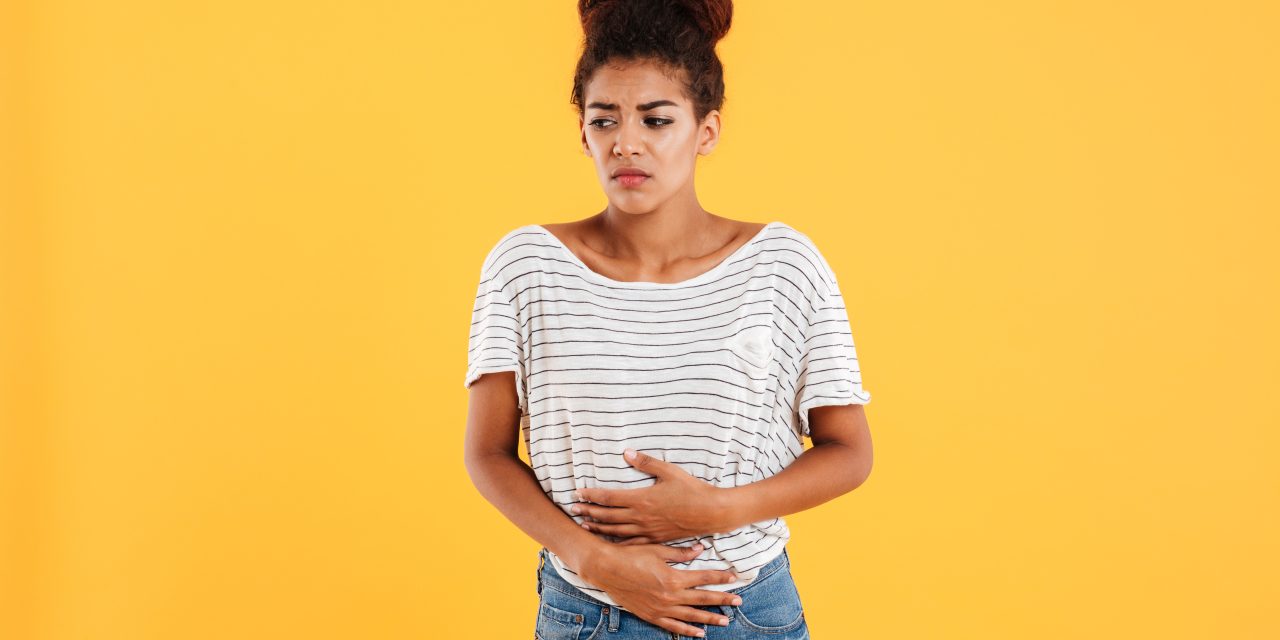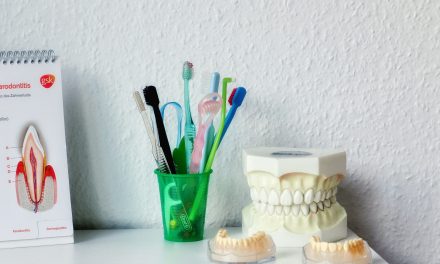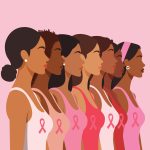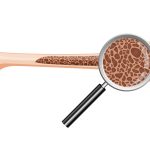Despite the name, not everyone with PCOS has cysts on their ovaries
Many women experience PCOS and it’s a serious health condition even if you’re not planning on having a baby.
Quick Read:
- The quality of your diet can have an impact on PCOS symptoms. So, it’s important to exercise regularly and fill up on nutritious foods.
- The symptoms of this condition vary, some women may have acne or excess hair growth, while others struggle with irregular periods.
Understanding Polycystic Ovary Syndrome (PCOS)
PCOS is a hormonal disorder and affects about five to 10% of women of reproductive age. PCOS often presents with irregular (or absent) periods, small cysts on the ovaries, or excessive androgen levels. Androgens are male hormones. Some women experience weight gain or obesity. Excess hair growth is another symptom, as is acne. Other symptoms: thinning hair on the scalp and fertility issues such as difficulty ovulating.
How does PCOS start?
PCOS causes the ovaries, the organ that releases eggs, to overproduce male hormones, which leaves you with a hormonal imbalance. Having PCOS means that the level of androgens your ovaries generate is abnormally high. This leads to an imbalance in your reproductive hormones.
As you can probably guess, PCOS can be a challenging and unpleasant condition. Genetics can play a role in your risk for PCOS and the majority of women with PCOS gain weight due to insulin resistance.
Insulin resistance is more characteristic in overweight women, but PCOS doesn’t discriminate too much. It can also affect slimmer women.
Insulin resistance means your body isn’t fully capable of sending enough glucose to the body cells that need fuel. When this happens, the pancreas produces more insulin to maintain stable glucose levels; hence the weight gain. High amounts of testosterone in your body prevent ovulation, which results in irregular menstrual cycles. Small, fluid-filled sacs can also form in the ovaries as a result of irregular ovulation.
PCOS symptoms
- Irregular periods, missing periods, or not menstruating at all. Some women bleed between periods.
- Excessive facial hair and thick hair on your arms, chest, and stomach.
- Acne, particularly on your back, chest, and face.
- PCOS-affected women may be overweight or obese, and struggle to lose weight.
- Skin darkening, creases in your neck, under your arms, and in your armpits.
- Small pockets of fluid are common in the ovaries of PCOS patients.
- Skin tags are tiny skin flaps that bulge. These are typically found on the neck or in the armpits.
- Women with PCOS may experience patches of hair loss.
- PCOS can affect fertility. Lack of ovulation or decreased ovulation frequency can prevent conception.
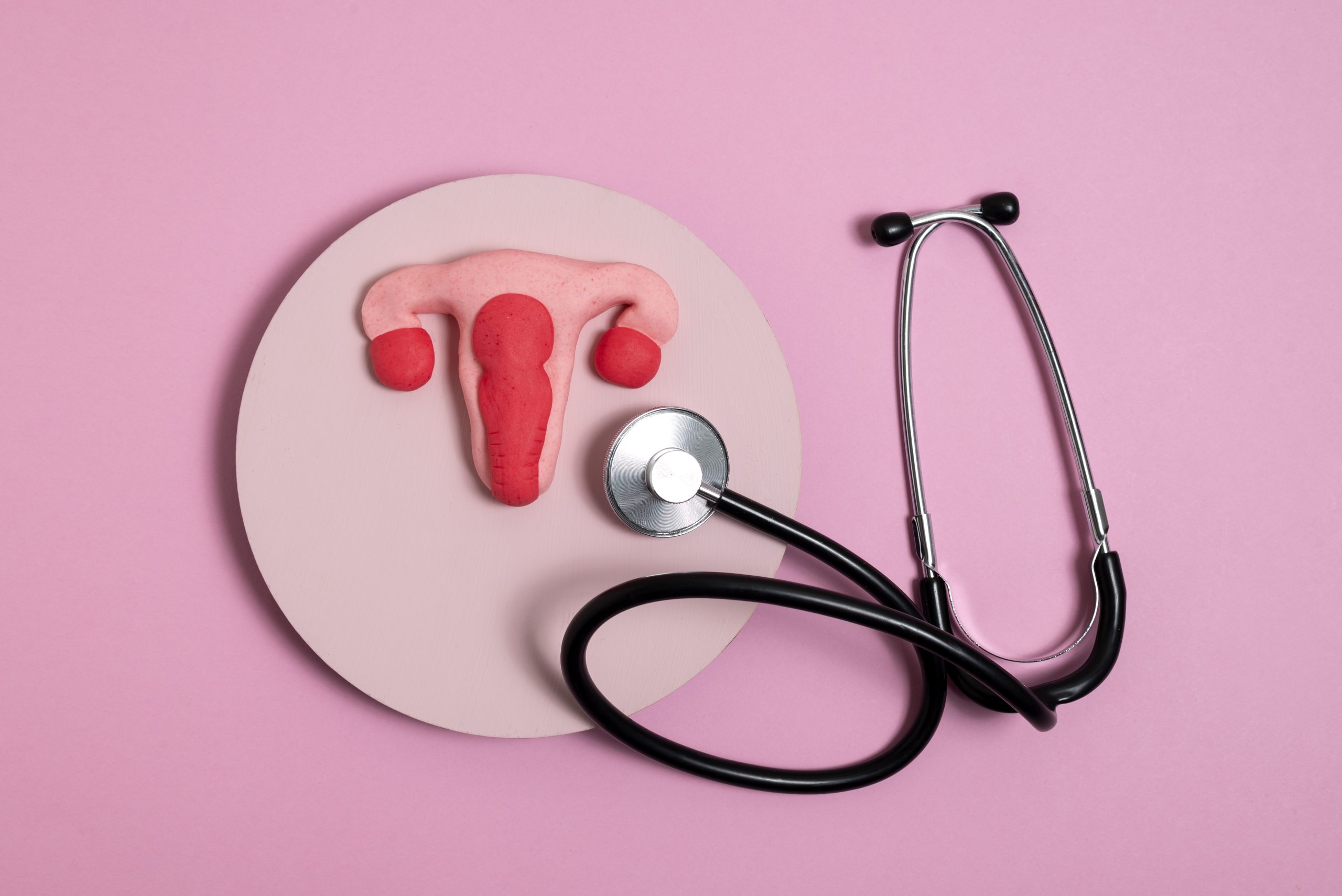
Help at hand
Can PCOS be treated? Yes! Based on your symptoms, medical history, specific health concerns, and whether you wish to get pregnant, your doctor will decide on the best method of treatment. The usual remedies include a combination of medication and lifestyle changes.
- Hormonal contraception (birth control) can help manage acne, excess hair growth, and irregular menstrual cycles.
- Insulin-sensitising medicine works by improving insulin metabolism in your body. Some PCOS patients feel improvements in their menstrual cycles once their insulin levels are under control.
- Some medications may block the effects of androgens and minimise acne and excessive hair growth.
Lifestyle changes like sticking to a balanced diet and losing weight can help lower insulin levels. Take some time to consider your overall health and find ways to manage your weight and clean up your diet.
A healthy lifestyle can have a significant effect on symptoms of PCOS. Don’t hesitate to speak to a doctor if the symptoms start to take a toll on your quality of life. There is help for Polycystic Ovary Syndrome.
Images: Freepik

